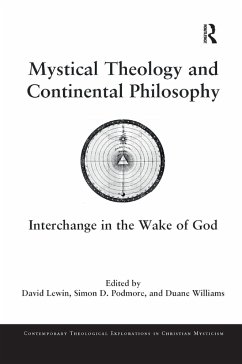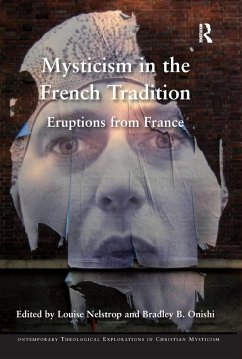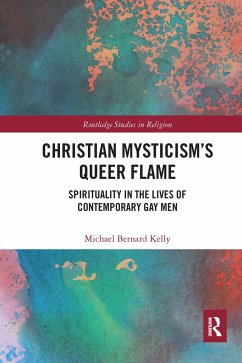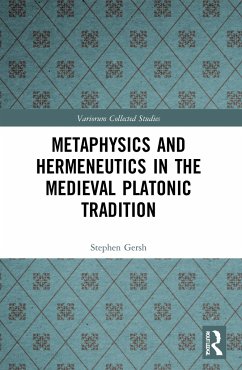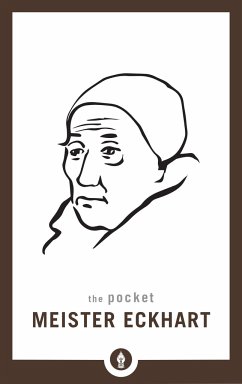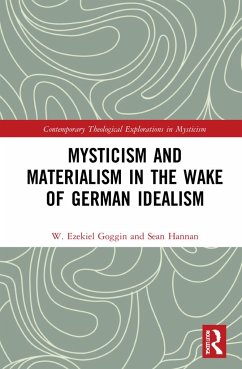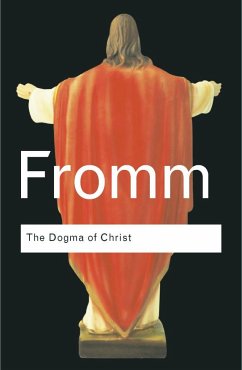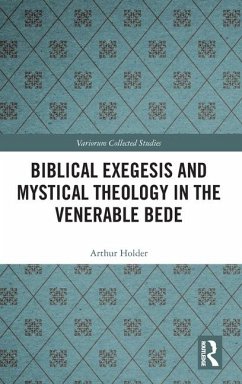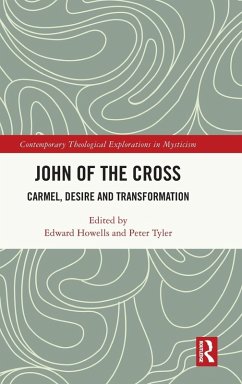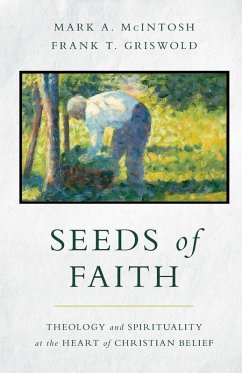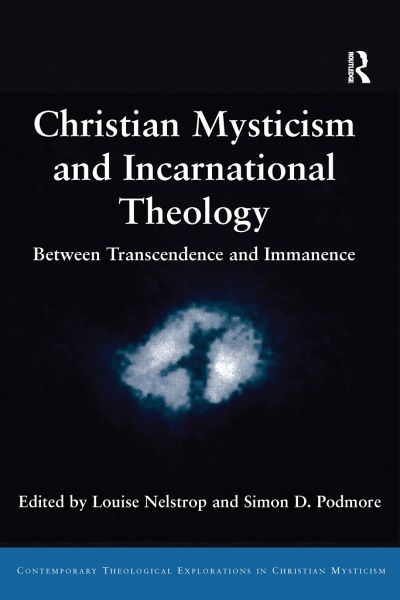
Christian Mysticism and Incarnational Theology
Between Transcendence and Immanence
Herausgegeben: Nelstrop, Louise; Podmore, Simon D.
Versandkostenfrei!
Versandfertig in 6-10 Tagen
46,99 €
inkl. MwSt.
Weitere Ausgaben:

PAYBACK Punkte
23 °P sammeln!
This book examines the relationship between transcendence and immanence within Christian mystical and apophatic writings. Original essays from a range of leading, established, and emerging scholars in the field focus on the roles of language, signs, and images, and consider how mystical theology might contribute to contemporary reflection on the Word incarnate. This collection of essays re-examines works from such canonical figures as Eckhart, Augustine, Plotinus, Pseudo-Dionysius, Nicolas of Cusa, Teresa of Avila, John of the Cross, Julian of Norwich, along with the philosophical thought of I...
This book examines the relationship between transcendence and immanence within Christian mystical and apophatic writings. Original essays from a range of leading, established, and emerging scholars in the field focus on the roles of language, signs, and images, and consider how mystical theology might contribute to contemporary reflection on the Word incarnate. This collection of essays re-examines works from such canonical figures as Eckhart, Augustine, Plotinus, Pseudo-Dionysius, Nicolas of Cusa, Teresa of Avila, John of the Cross, Julian of Norwich, along with the philosophical thought of Iris Murdoch, Jacques Lacan, and Martin Heidegger, and the contemporary phenomena of the Emerging Church. Presenting new readings of key ideas in mystical theology, and renewed engagement with the visionary and the everyday, the therapeutic and the transformative, these essays question how we might think about what may lie between transcendence and immanence.





